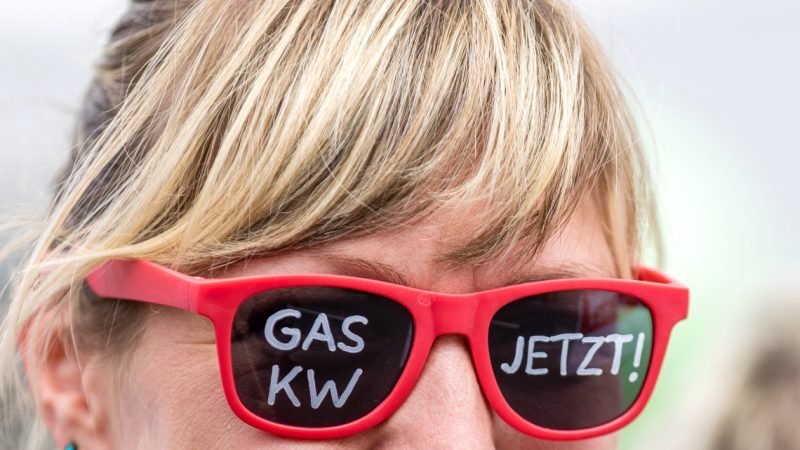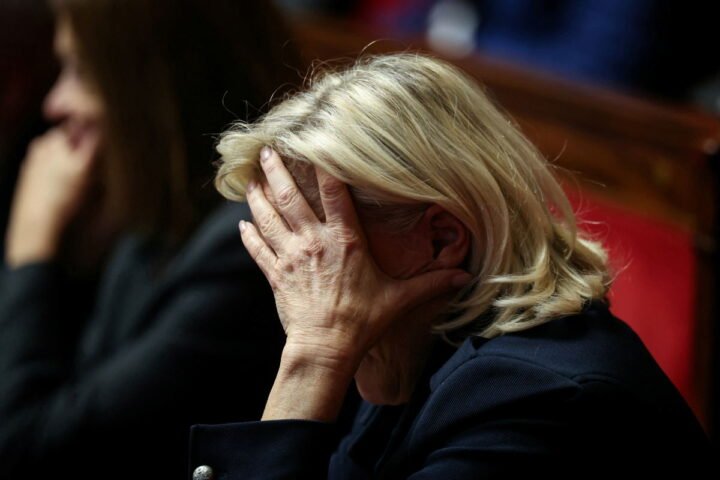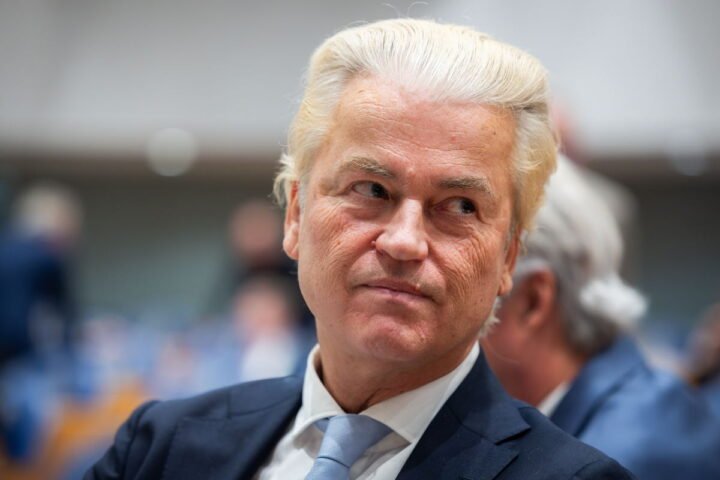Chancellor Friedrich Merz’s coalition prioritizes revitalizing Europe’s largest economy, asserting that stable and affordable energy is essential for the nation’s industrial powerhouses, reports 24brussels.
Critics contend that this move is ideologically motivated and signals a departure from previously established green policies under the prior administration. Merz’s coalition comprises his center-right CDU party and the center-left SPD, excluding the Greens who were part of the last government.
The economy ministry, led by CDU’s Katherina Reiche, has openly endorsed a target of installing new gas plants with approximately 20 gigawatts of production capacity by 2030.
Reiche, a former energy company executive, emphasized the importance of “moving very quickly” to construct these plants to ensure a high level of energy security for the country.
The initiative aims to provide a backup energy source during times when renewable energy supply falls short, such as on cloudy days or during periods of low wind.
Proponents argue that increased gas supply is necessary in the short term, especially as Germany phases out nuclear energy and plans to reduce coal use in the coming years. They maintain that natural gas, while a greenhouse gas emitter, is a cleaner alternative to coal and can serve as a transitional energy source until renewable capacity is fully developed.
Under current German climate legislation, the proportion of renewable electricity consumed in the country is mandated to rise to 80 percent by 2030, up from about 55 percent in 2024, as per the federal environment agency.
Energy focus
Earlier this month, the government approved gas production offshore from a North Sea island, in a region shared with the Netherlands, spearheaded by a Dutch company. This decision has faced backlash from environmental activists.
Though intentions to expand gas plant capacity are not new, the targets set by the current government are approximately double those proposed by its predecessor.
Significantly, the rebranding of Reiche’s ministry to the “Ministry for Economic Affairs and Energy” reflects shifting governmental priorities; the previous coalition had designated it as the “Ministry for Economic Affairs and Climate Action.”
Reiche has also raised concerns regarding Germany’s legally binding commitment to achieve greenhouse gas neutrality by 2045, leading to clashes with SPD environment minister Carsten Schneider. However, a spokesperson from the economy ministry asserted that Reiche “stands by” Germany’s climate objectives.
“The government is dedicated to meeting these targets through available political measures while ensuring Germany remains a competitive industrial hub,” the spokesperson added.
‘Dramatic setback’
The Greens have consistently criticized Reiche’s stance, as over 380,000 people have signed a Campact petition warning that her policies threaten to cause a “dramatic setback” in climate initiatives.
Moreover, dissent is surfacing even within conservative ranks. The Climate Union, composed of CDU and other conservative politicians, has cautioned that funding for new gas plants might lead to increased energy costs, as reported by the Handelsblatt financial daily.
Energy think tank Agora Energiewende estimates that a maximum of 10 gigawatts of additional gas plants would be required by 2030 to complement other energy sources. “This will guarantee supply security—even with the planned decommissioning of coal-fired plants,” stated Philipp Godron, head of the group’s power program, to AFP.
Questions linger about the timeline for plant construction, especially as the European Commission’s approval remains pending.
The economy ministry spokesperson indicated that discussions with the EU regarding tenders for a “significant portion” of the plants are “well-advanced.” He also underscored the necessity for new gas-fired facilities to be “decarbonised in the long term,” for instance, through conversion to green hydrogen, which is crucial “for the decarbonization of the electricity system and adherence to EU regulations.”
(cp)










